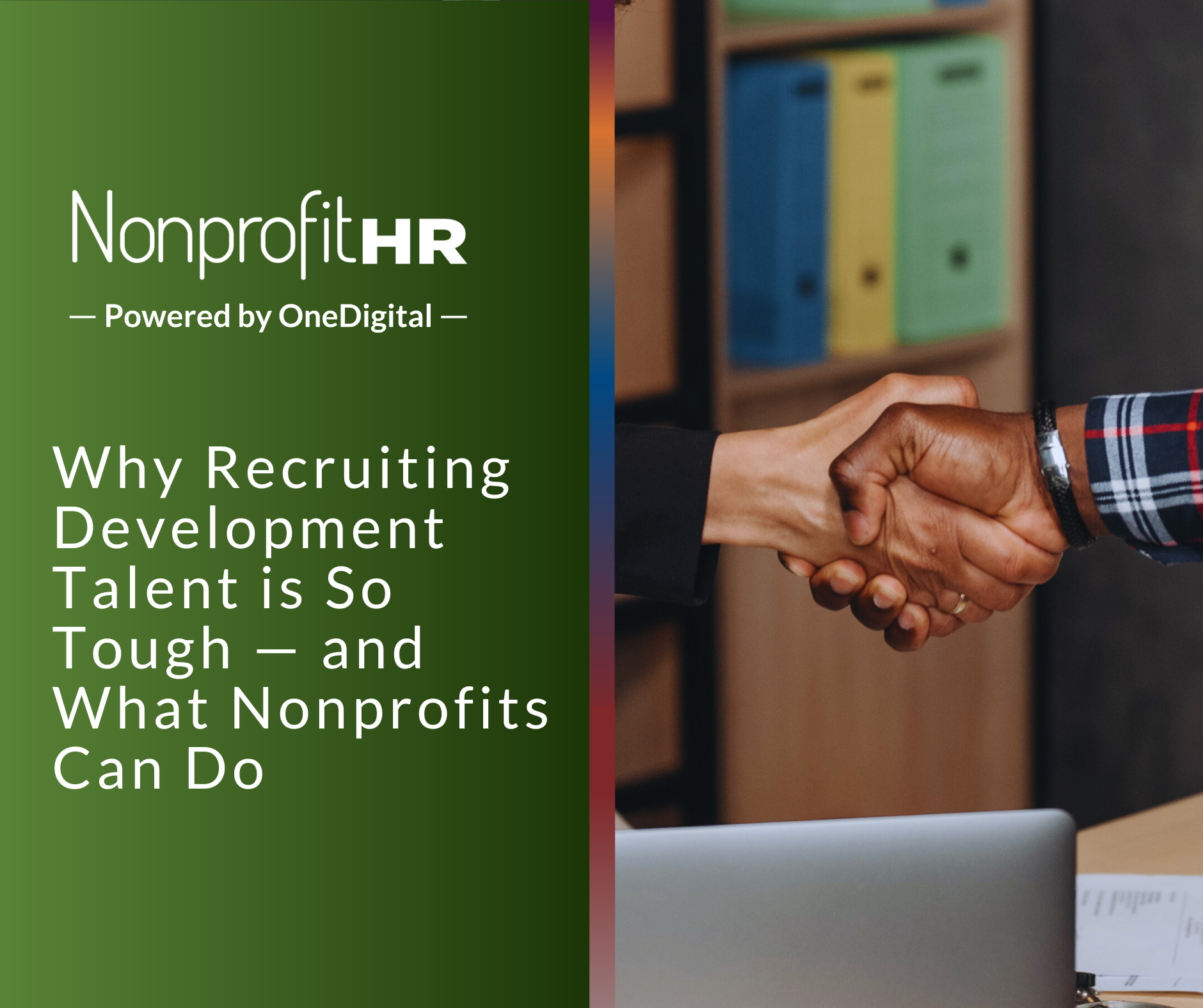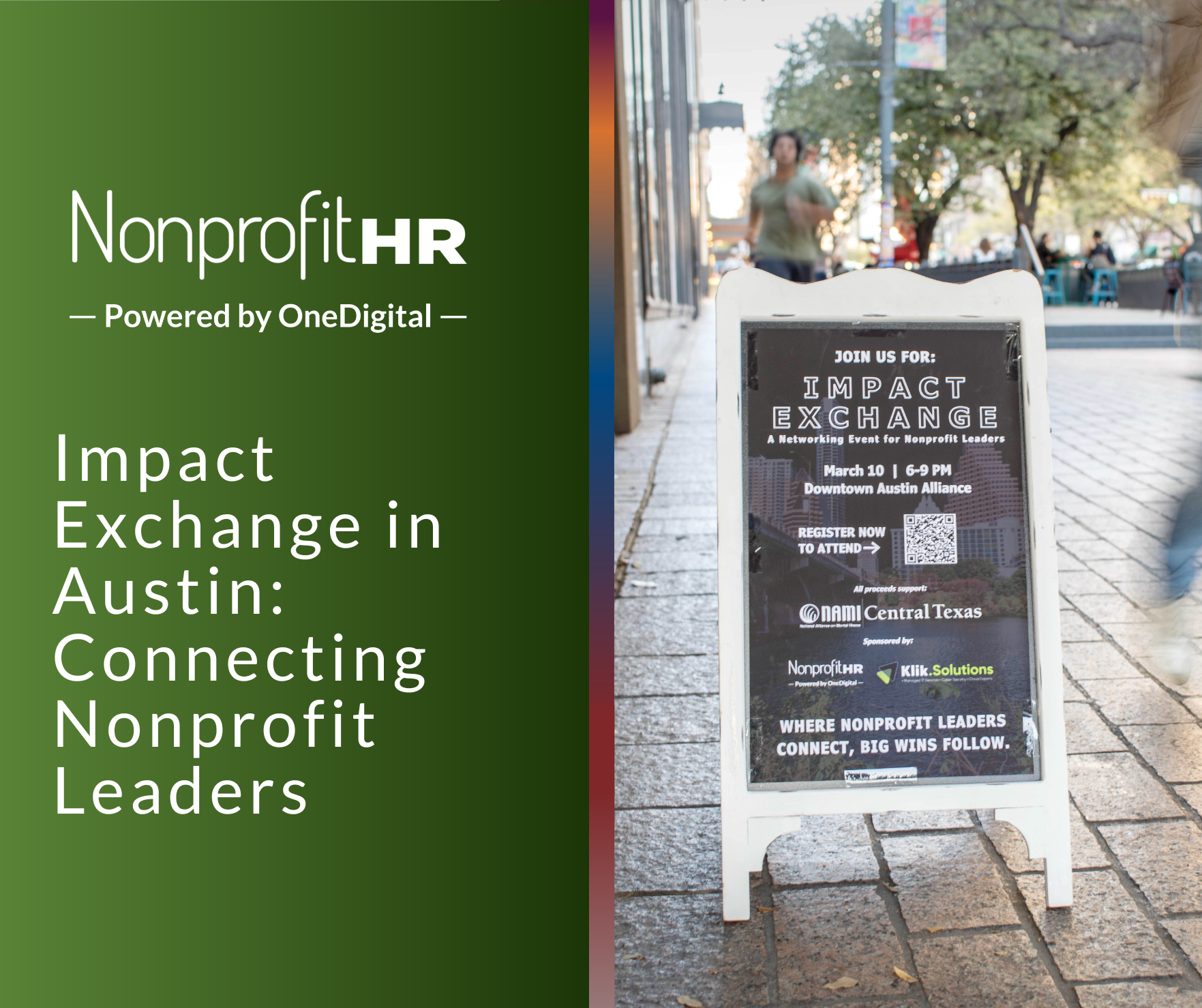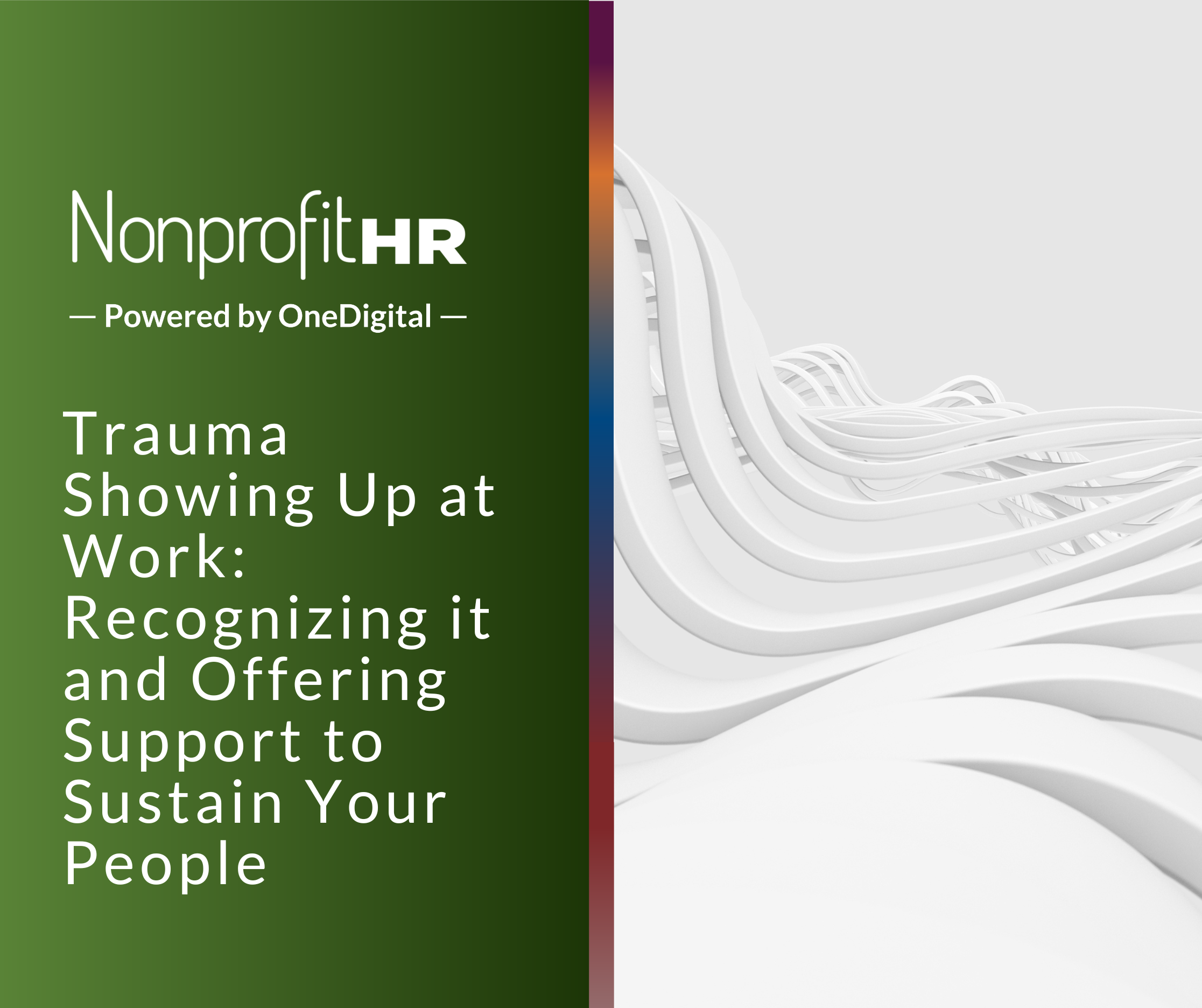WTOP: 5 ways nonprofits can…
Yes. You read that headline correctly. An Illinois man sued to try to retain his severance benefits after he “mooned” his immediate supervisor and was fired for cause.
Ted Olson of Sherman & Howard L.L.C. has all the details.
“An Illinois appellate court approved a lower court decision in favor of an employer that fired an employee and denied him substantial benefits under a written severance agreement, after he “mooned” his immediate supervisor and another corporate executive in protest of the employer’s dismissal of a friend and work colleague.
The employee’s written severance agreement provided lucrative severance benefits, so long as the employee was not fired for ’cause,’ which was defined at an elevated level: ‘conviction of a felony, engaging in misconduct that injures the Company, performing your duties with gross negligence or any material breach of your fiduciary duties as an employee of the Company.’ In this case, the discharged employee conceded that his ‘mooning’ was misconduct, but argued that there was no showing that the employer had suffered economic injury as a result. The Court rejected his argument, concluding that a financial injury was not required: ‘There is no ambiguity in these facts. The clear interpretation of plaintiff’s behavior is that it was insubordinate, disruptive, unruly and abusive. Thus, the behavior caused injury to the company by undercutting the authority of plaintiff’s bosses – including Banks, Sayler, and McQuaid – and disregarding company policies, calling for . . . the observation of all rules and regulations which the company establishes to govern the conduct of its business and that of its affiliates, as stipulated in the Agreement.'”
I guess HR managers can’t think of everything when writting a severence policy.





























